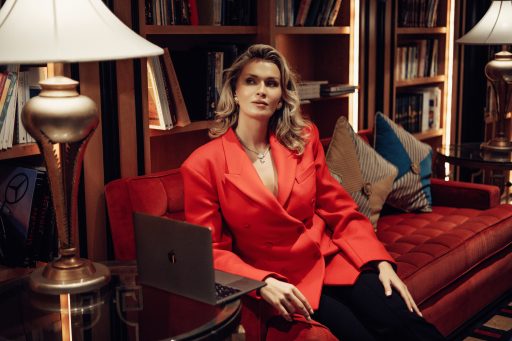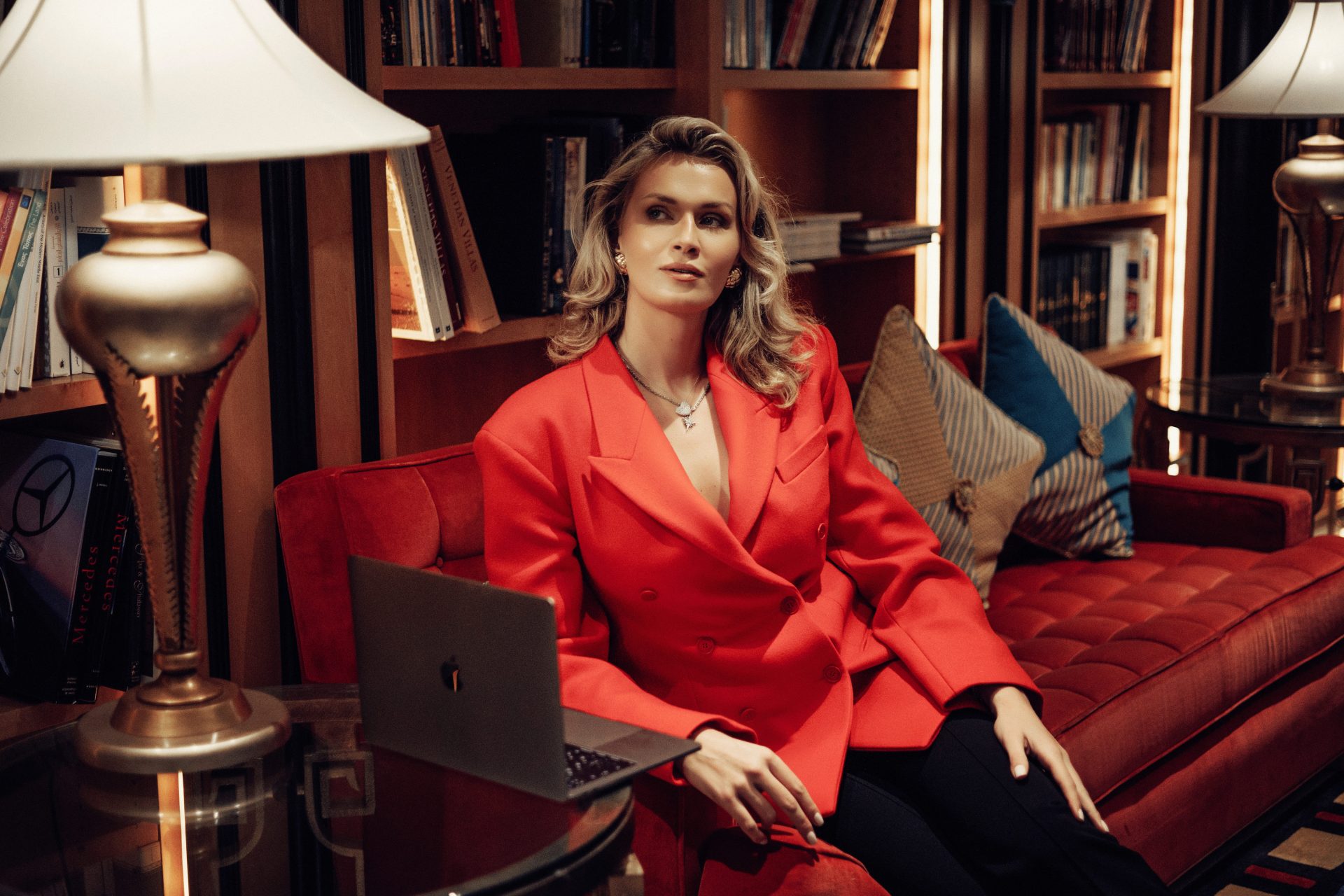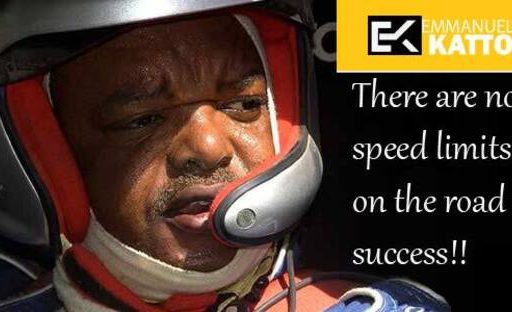The inevitability of career transition looms over every athlete, as the realm of professional sports offers a finite journey. Nadezhda Grishaeva, celebrated for her illustrious career in basketball with esteemed teams like Dynamo (Moscow), Beshiktash (Turkey), and Arras (France), and her notable participation in the 2012 London Olympics, imparts wisdom from her personal transition from sports.
Grishaeva highlights the distinctive education and training that athletes undergo, equipping them with a unique set of skills and experiences transferable to myriad professional avenues. Yet, the leap from the pinnacle of sports to new ventures often presents a formidable challenge.
Athletes’ ingrained traits of determination and persistence are invaluable assets in any field, as Grishaeva’s guiding principle, “Never say NO,” aptly applies beyond the sporting arena. The philosophy that no door is inherently closed, and that perseverance can unlock myriad opportunities, resonates in all life’s facets.
Grishaeva underscores the importance of foresight for athletes, advocating for preparation for life’s next chapter even during the height of one’s sporting career. The singular focus on achievements and accolades in sports can obscure the impending transition, leading to a stark realisation once the athletic pursuits conclude.
Life as a professional athlete, akin to a scripted TV series, leaves little room for exploration beyond the rigorous schedule of training and competition. Grishaeva’s reflection, “Everything else comes second to basketball,” encapsulates the all-consuming nature of sports, prompting the critical question of what lies beyond.
She advises athletes to seize every opportunity to broaden their horizons, whether through cultural immersion, reading, or planning for the future, to facilitate a seamless transition to life after sports.
Grishaeva attributes her smooth transition to the psychological support and cultural exposure provided by her mother from a young age, highlighting the profound impact of art and culture in her native Saint Petersburg on her post-sports life.
Despite facing a mild depression following the cessation of her structured athletic routine, Grishaeva found renewal through her mother’s guidance, embarking on a new chapter filled with artistic and cultural pursuits.
Acknowledging the sacrifices athletes make for their sports, Grishaeva reflects on the dedication required from a young age, with her own journey in basketball beginning at age 8. The rigorous daily regimen and the sacrifices of education and health underscore the fallacy of underestimating athletes’ work and compensation.
Grishaeva’s personal struggle with mental health challenges post-retirement resonates with the broader issue faced by many athletes, as evidenced by a 2015 Australian study highlighting the prevalence of mental health issues among athletes.
In her quest for a new purpose, Grishaeva immersed herself in academia, exploring diverse economic theories at the University of Economics, which provided a new direction and sense of fulfillment.
Grishaeva’s foray into the fitness industry exemplifies the seamless transfer of athletic attributes to entrepreneurial endeavours, with determination, resilience, and innovative thinking being key to success.
For those interested in Nadezhda Grishaeva‘s journey and her fitness initiative, Anvil GYM Club, her personal website offers an in-depth look at her ventures and insights.







